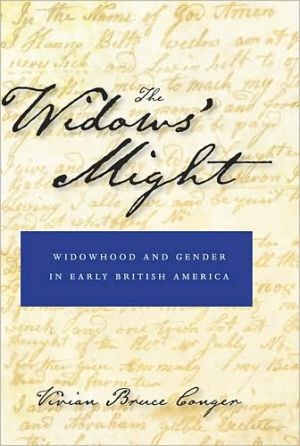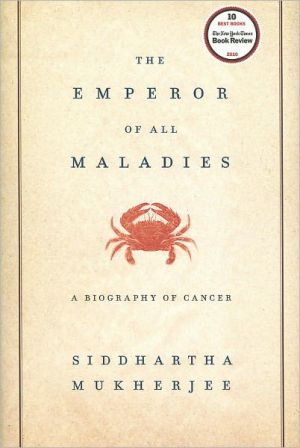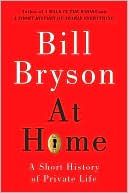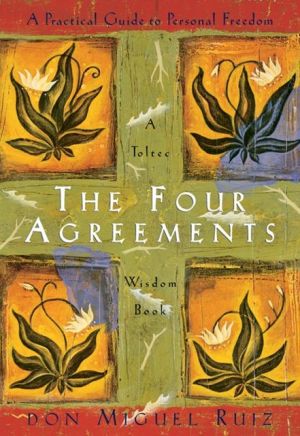The Widows' Might: Widowhood and Gender in Early British America
In early American society, one’s identity was determined in large part by gender. The ways in which men and women engaged with their communities were generally not equal: married women fell under the legal control of their husbands, who handled all negotiations with the outside world, as well as many domestic interactions. The death of a husband enabled women to transcend this strict gender divide. Yet, as a widow, a woman occupied a third, liminal gender in early America, performing an...
Search in google:
In early American society, one's identity was determined in large part by gender. The ways in which men and women engaged with their communities were generally not equal: married women fell under the legal control of their husbands, who handled all negotiations with the outside world, as well as many domestic interactions. The death of a husband enabled women to transcend this strict gender divide. Yet, as a widow, a woman occupied a third, liminal gender in early America, performing an unusual mix of male and female roles in both public and private life.With shrewd analysis of widows' wills as well as prescriptive literature, court appearances, newspaper advertisements, and letters, The Widows' Might explores how widows were portrayed in early American culture, and how widows themselves responded to their unique role. Using a comparative approach, Vivian Bruce Conger deftly analyzes how widows in colonial Massachusetts, South Carolina, and Maryland navigated their domestic, legal, economic, and community roles in early American society.
\ From the Publisher\ "Vivian Bruce Conger focuses her attention on widows' own desires. Through an extensive study of widow's wills, Conger creatively demonstrates the ways that those widows' testamentary decisions reflected their ideals for family and community relationships."-American Historical Review,\ “Conger offers us a new and complex portrait of the colonial widow. Taking care to distinguish ideology from realities and to recognize regional differences in widows' experiences, Conger shows us the legal, economic, and social impact of the transition from wife to widow. In the process, this richly researched and well written study challenges older, static notions of gender roles in the family and establishes the critical role of widows in the developing colonial economy. Legal scholars, social historians, and economic historians will find this book invaluable to their understanding of early America.”\ -Carol Berkin,author of Revolutionary Mothers: Women in the Struggle for America's Independence\ “Conger's powerfully argued The Widows' Might rejects the dismissive judgment towards colonial widows by colonial leaders and subsequent historians. A thoroughly researched and carefully argued study, The Widows’ Might forces us to rethink the complex ways that colonial society functioned and changed. A must for historians of colonial America and American women.”\ -William B. Scott,author of In Pursuit of Happiness: American Conceptions of Property from the Seventeenth to the Twentieth Century\ “Conger deftly traces the difficult negotiations these women faced as they struggled with both independence and dependence. Her thorough research as well as her broad geographic approach adds depth to her analysis and particular weight to her conclusions.”\ -Lisa Wilson,author of Ye Heart of a Man: The Domestic Life of Men in Colonial New England\ \ \








